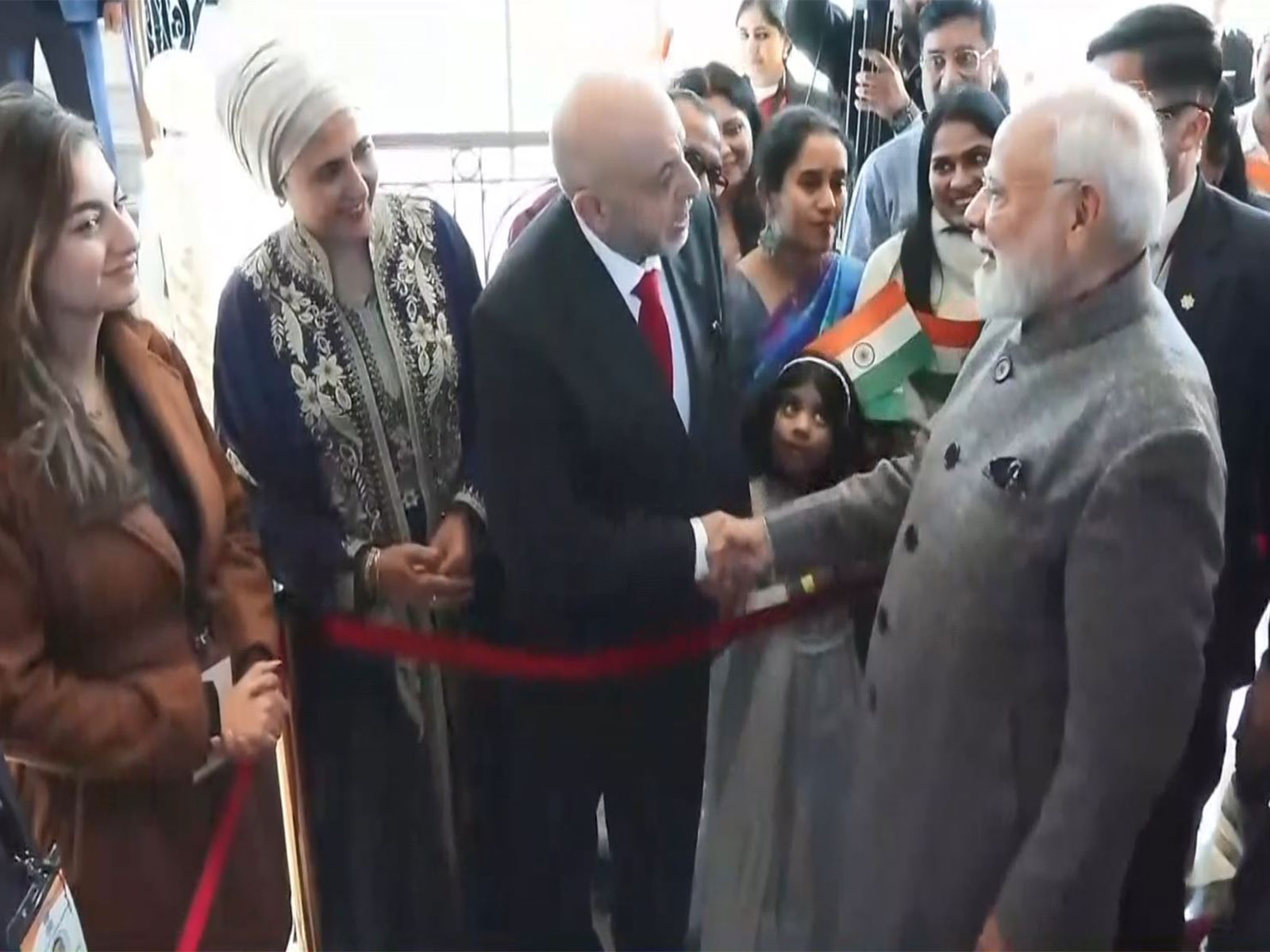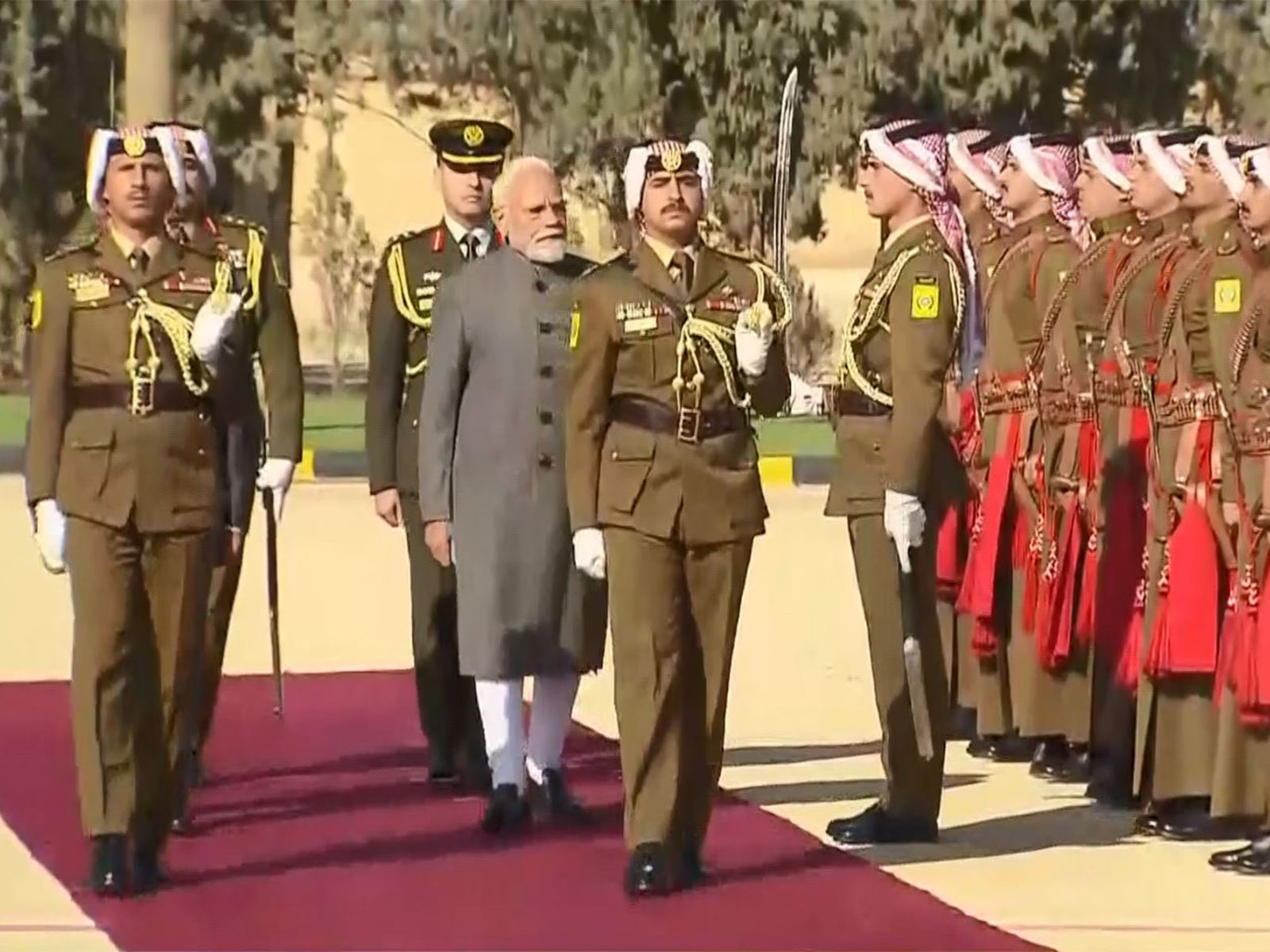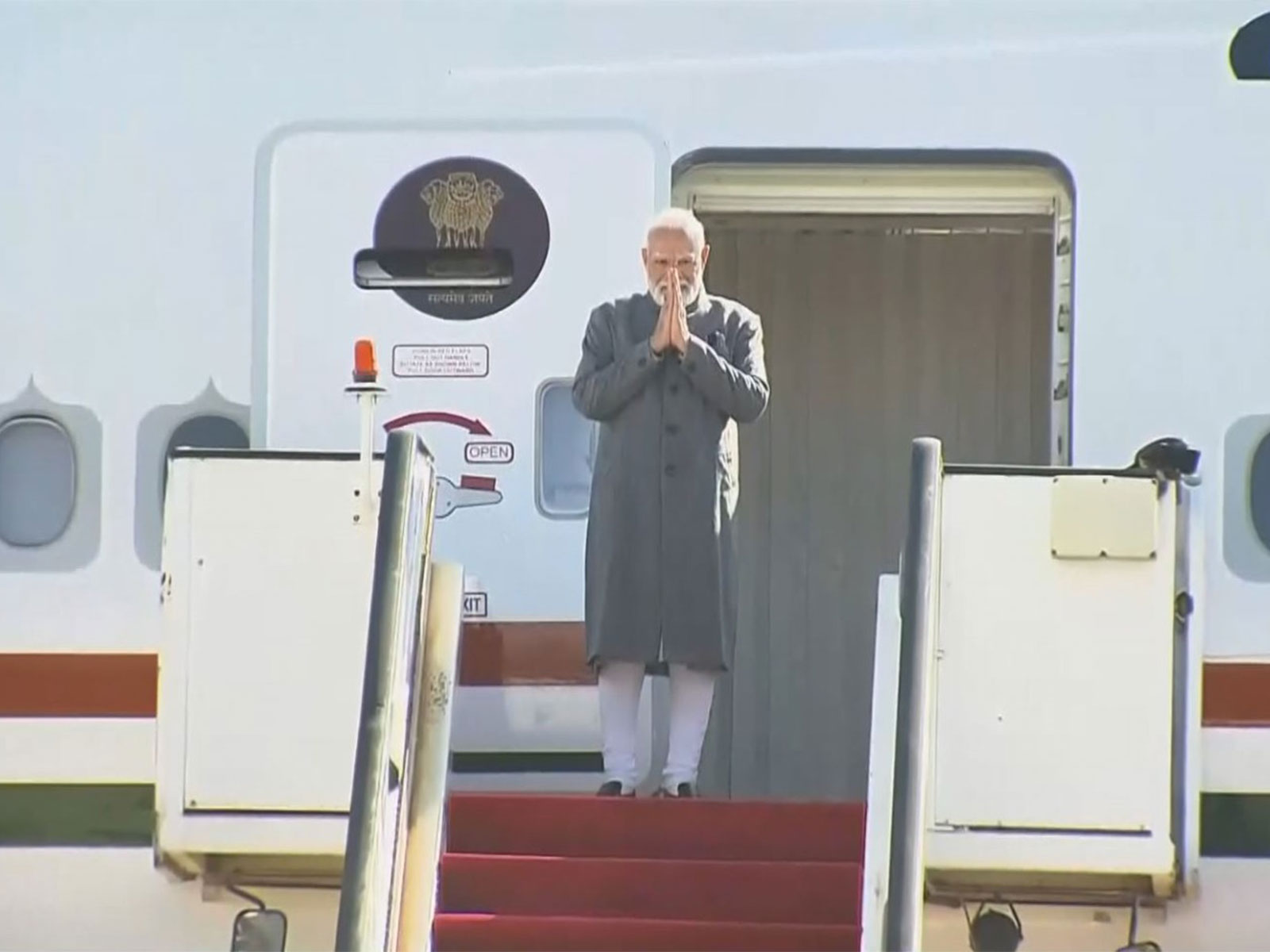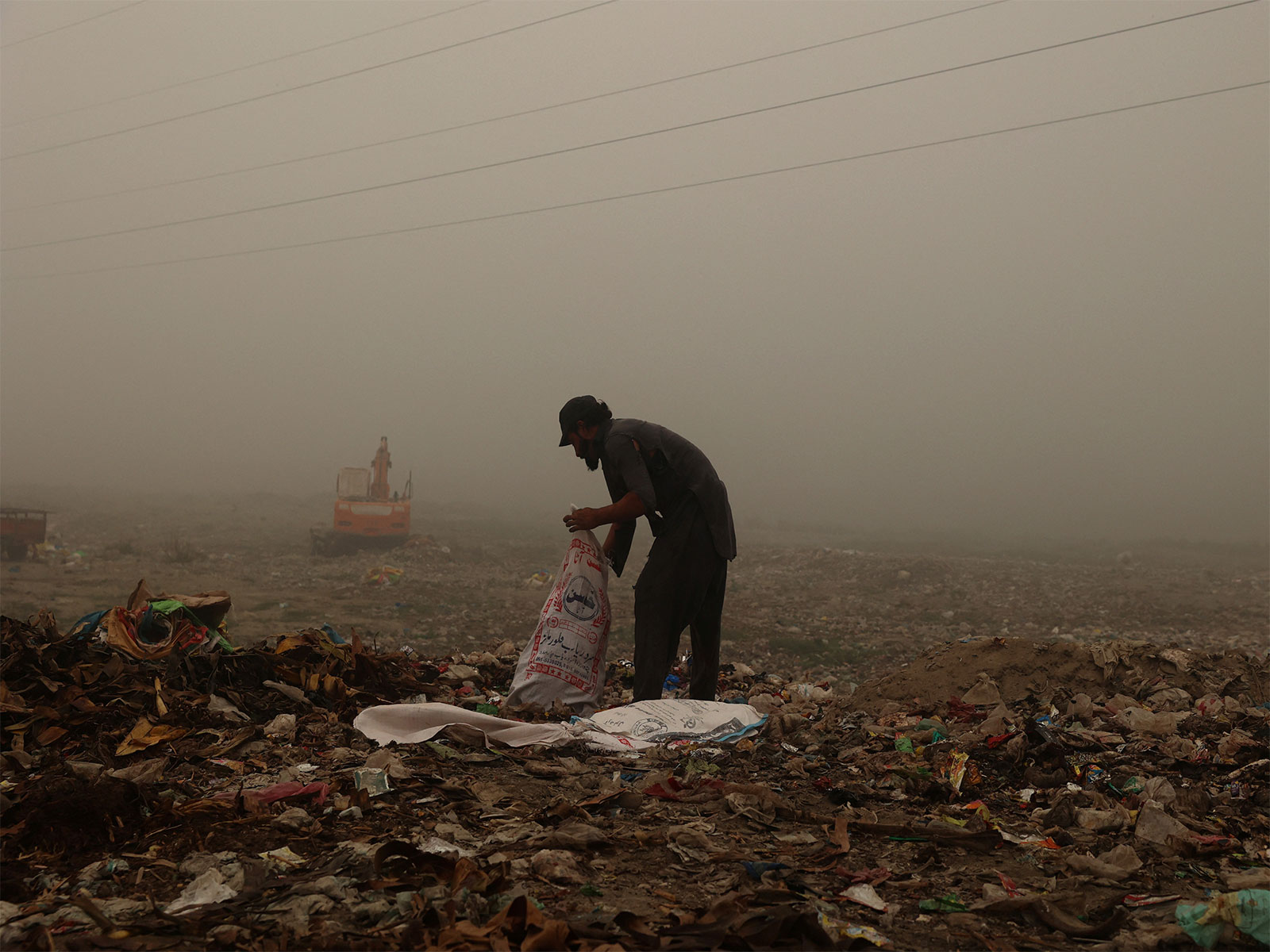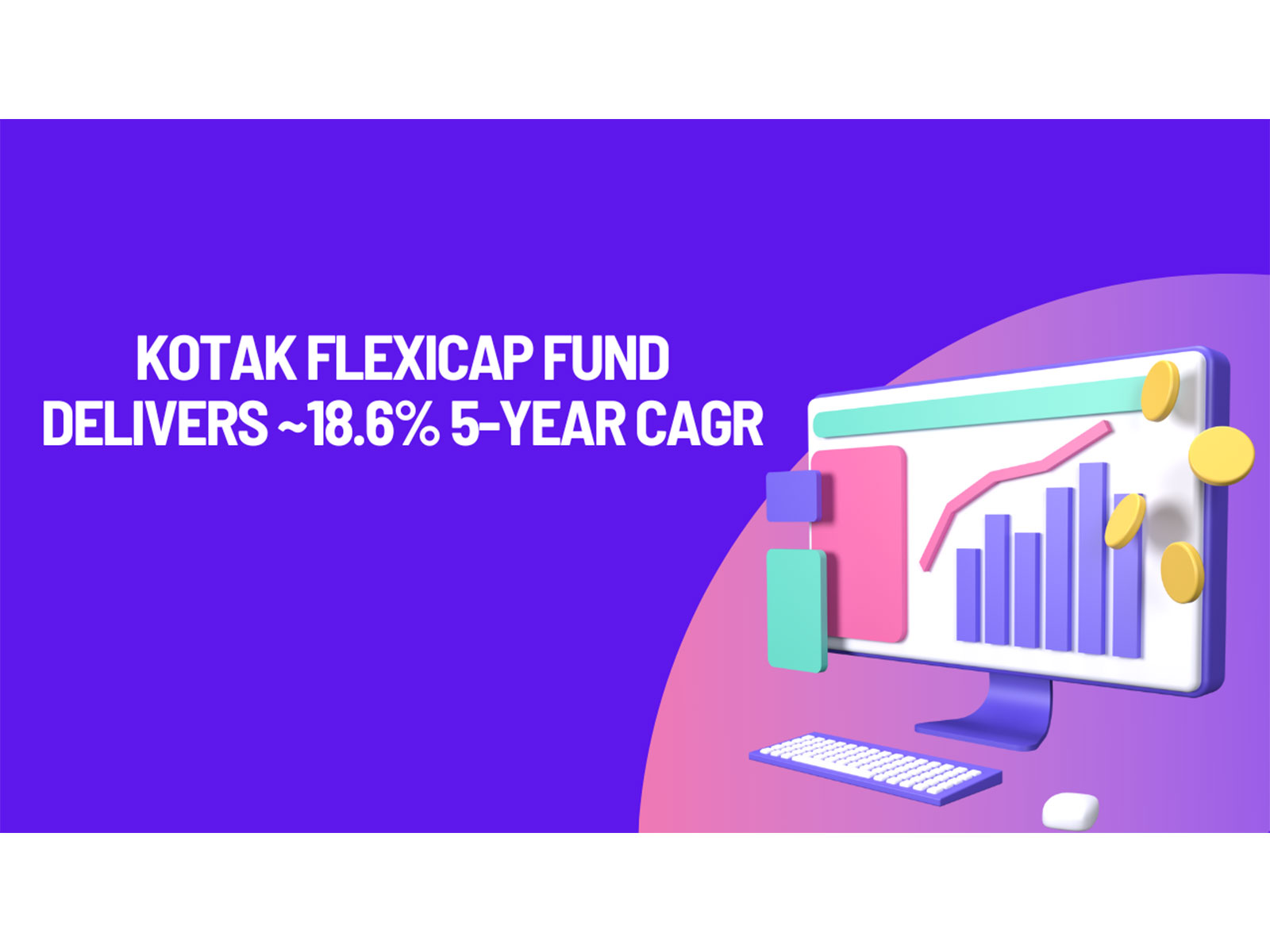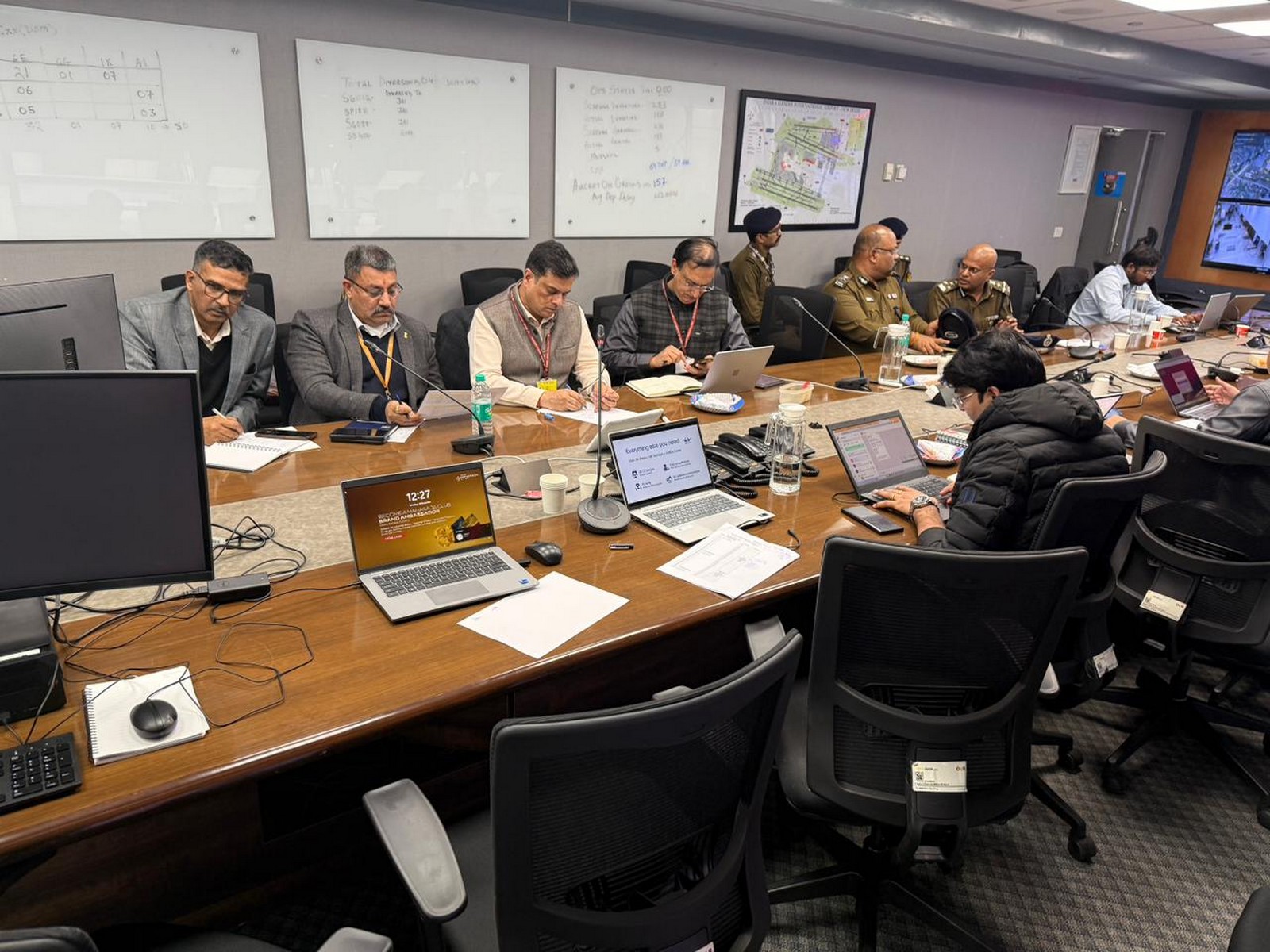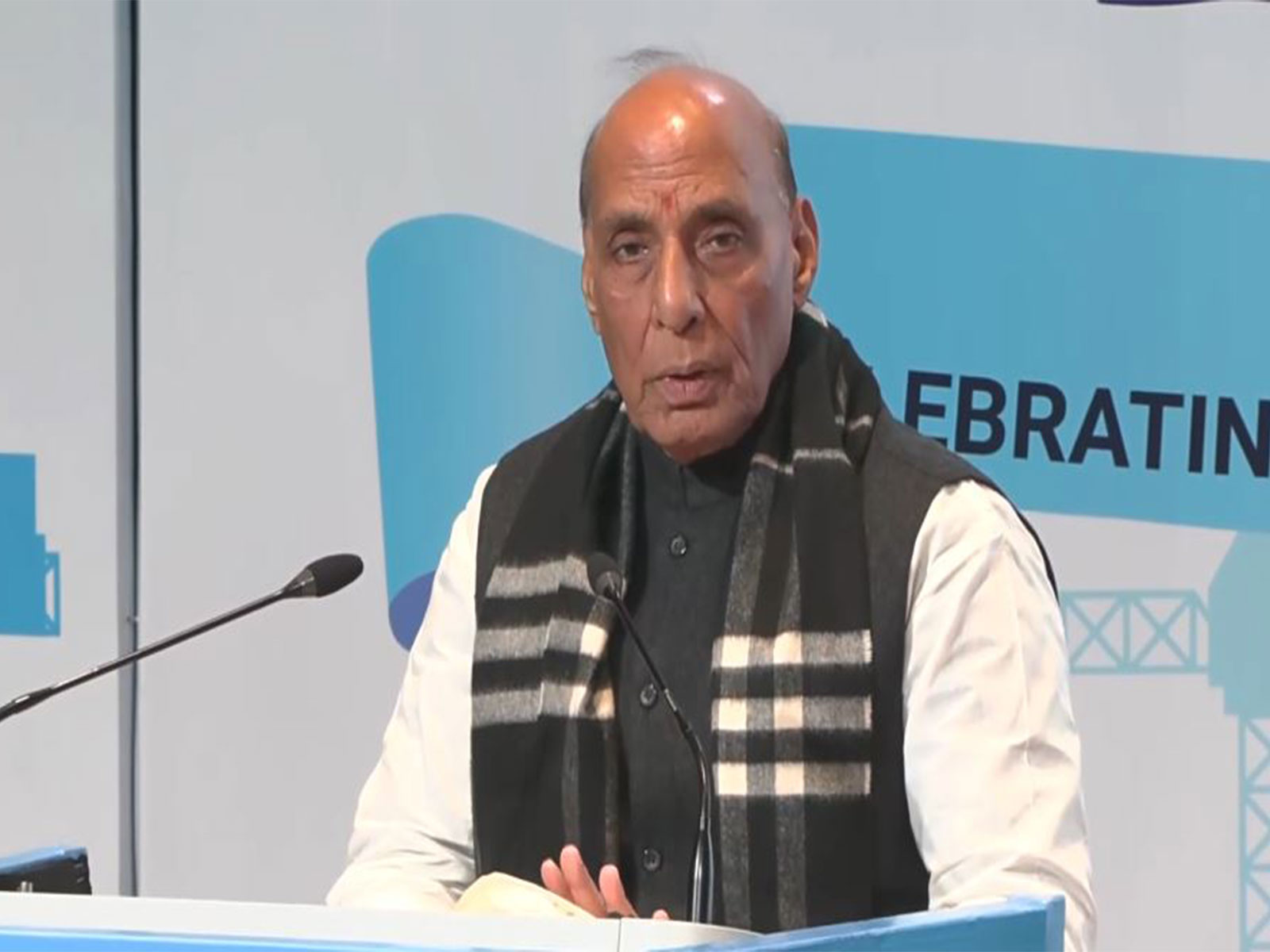Germany to hold snap elections on February 23 as coalition crumbles under economic strain
Nov 12, 2024

Berlin [Germany], November 12 : Germany is set to hold early elections on February 23, following the collapse of Chancellor Olaf Scholz's coalition government.
The news was first reported by DW Politics in a post on X, stating that the governing SPD and the opposition CDU/CSU parliamentary groups had reached an agreement on the date.
"BREAKING: Germany is expected to hold early elections on February 23. The governing SPD and the opposition CDU/CSU parliamentary groups have reportedly agreed on the date. It comes after the collapse of Chancellor Olaf Scholz's coalition," DW Politics posted on X (formerly Twitter) with a breaking update.
https://x.com/dw_politics/status/1856275257608348055
German Chancellor Olaf Scholz fired his finance minister last week, leaving the government teetering on the brink of collapse.
The collapse of the coalition was triggered by Scholz's dismissal of Finance Minister Christian Lindner, leader of the pro-business Free Democrats (FDP). The FDP subsequently withdrew from the government, leaving Scholz without a majority in the Bundestag, DW reported.
In a televised address, Scholz said he had dismissed Finance Minister Christian Lindner saying it "was necessary to prevent harm to our country."
To formalise the process leading to the snap elections, Scholz is expected to call a vote of confidence in the lower house of parliament on December 16, reported DW.
Scholz and the head of the country's largest opposition party, the Christian Democratic Union (CDU), Friederich Merz came to an agreement that a no-confidence vote should be set for 16 December, with elections to follow in February of next year.
Scholz previously suggested a no-confidence vote to be held on 15 January, with elections following around March, reported Euronews.
This was rejected by Merz, who argued that Scholz's government were no longer able to claim a parliamentary majority in order to run the country effectively.
Scholz will ask the question of no confidence in the Bundestag on 16 December. His government is widely expected to not survive the vote, with elections set to follow 60 days later.
The traffic light coalition, named for the parties' respective colors, consisted of the center-left SPD, the FDP, and the Greens. Formed in 2021 after lengthy negotiations, the alliance marked a shift from the previous "grand coalition" of the SPD and CDU/CSU under former Chancellor Angela Merkel. Despite initial alignment on EU, foreign, and security policies, the coalition was frequently at odds over domestic issues, including taxation, climate policy, and economic recovery measures.
The FDP opposed the SPD and Greens' proposal to increase taxes on the wealthiest to address pandemic-induced national debt and resisted their vision for climate policy, favouring market-driven solutions over government intervention.
More recently, disagreements over the 2024 budget and strategies to revive Germany's economy deepened the rift within the coalition, culminating in its collapse last week, reported DW.
Germany's 2021 general election saw the SPD emerge as the largest party in the Bundestag, overtaking the CDU/CSU. However, the coalition's dissolution now sets the stage for a potentially pivotal election, as Germany navigates critical economic and political challenges.
